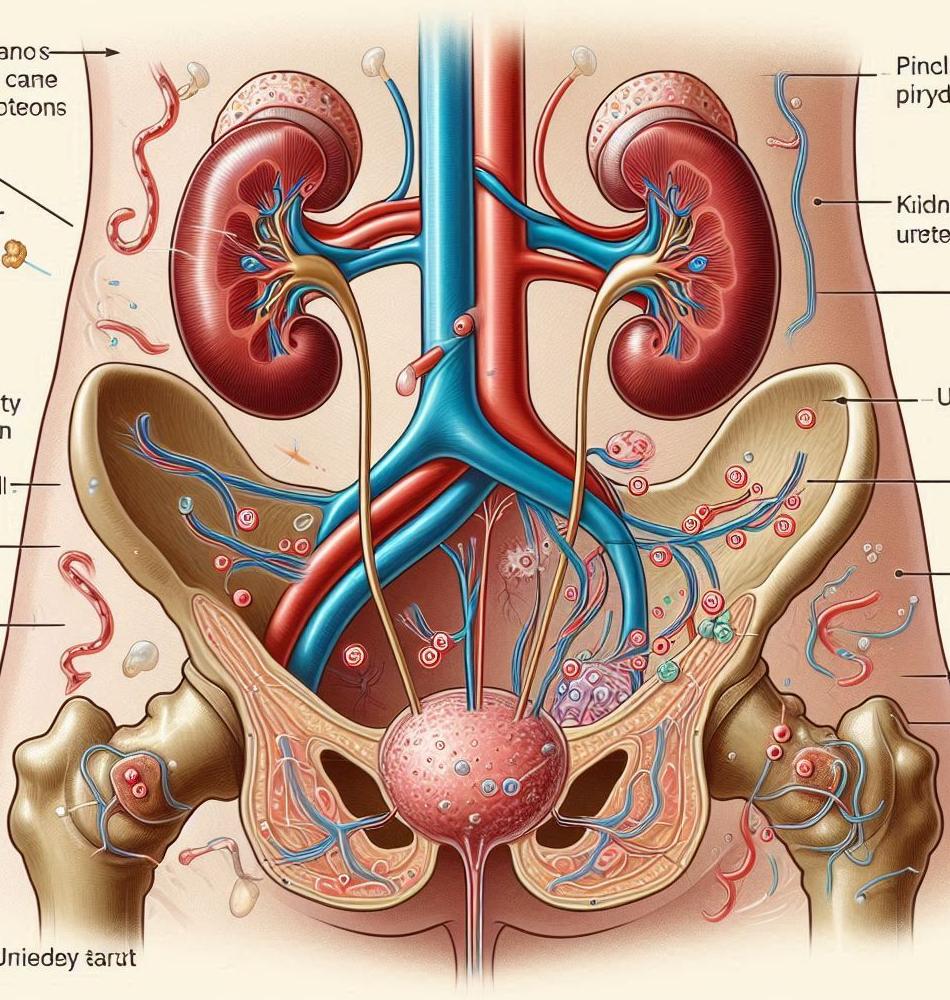Understanding the Causes of Diarrhea and Vomiting at the Same Time 🚑
Have you ever experienced that dreadful moment when your body decides to declare a revolting two-for-one special? That's right, we're talking about the unfortunate combo of diarrhea and vomiting. This uncomfortable duo isn't just a nuisance; it can also leave you feeling drained and vulnerable. In this article, we will explore the possible causes, symptoms, and treatments associated with experiencing diarrhea and vomiting at the same time, ensuring you are informed and prepared to handle any situation that may arise.
What are Diarrhea and Vomiting? 🍽️
Before diving into the whirlwind of causes, let's take a moment to define both of these gastric disturbances.
Diarrhea
Diarrhea is characterized by frequent, loose, watery stools. It can happen suddenly and may last for a short period of time or can be a sign of a more chronic issue. It usually results from inflammation in the digestive tract, which can be caused by an infection, food allergies, or even medication. Symptoms can include:
- Frequent watery stools
- Abdominal cramping
- Urgency to have a bowel movement
- Nausea
Vomiting
Vomiting, on the other hand, is the forceful expulsion of stomach contents through the mouth. It can be triggered by a wide variety of factors, including viral infections, food poisoning, and motion sickness. Common symptoms associated with vomiting include:
- Nausea
- Abdominal discomfort
- Dehydration
Why Do Diarrhea and Vomiting Occur Together? 🤔
Experiencing diarrhea and vomiting at the same time is often an indication that your body is reacting to something it perceives as harmful. Here are several common causes:
Gastroenteritis
One of the most prevalent causes is gastroenteritis, an inflammation of the stomach and intestines typically brought on by a virus, such as norovirus or rotavirus. This condition can lead to both diarrhea and vomiting, often accompanied by fever and body aches.
Food Poisoning
Food poisoning is another major contender. Consuming contaminated food or drinks can introduce bacteria or toxins into your system, causing an irritable gut. Symptoms generally manifest within hours of consumption and can include:
- Nausea
- Vomiting
- Diarrhea
- Abdominal cramps
Medication Side Effects
Certain medications can lead to gastrointestinal upset. Antibiotics, for example, can disrupt the natural balance of bacteria in your gut, resulting in diarrhea and nausea or vomiting.
Other Medical Conditions
Various medical conditions, including pancreatitis, inflammatory bowel disease, and certain infections, can lead to these symptoms. For instance, if you have gallbladder issues, it can trigger both vomiting and diarrhea upon eating fatty foods.
How to Manage Diarrhea and Vomiting 💊
When you find yourself dealing with this unpleasant combination, what should you do? Effective management can minimize discomfort and speed up recovery time. Here’s a comprehensive guide:
Stay Hydrated
The most important factor when experiencing diarrhea and vomiting is to remain hydrated. Fluids like water, clear broths, and electrolyte solutions are essential for replenishing lost fluids. Avoid sugary, caffeinated, and alcoholic beverages, as they can worsen dehydration.
Rest and Recovery
Your body needs energy to fight off the underlying issue behind your symptoms. Ensure you're getting enough rest to allow your body to heal itself.
Diet Considerations
Once vomiting subsides, consider following the BRAT diet, which consists of bananas, rice, applesauce, and toast. These foods are gentle on the stomach and can help in forming firm stools.
Avoid Certain Foods
In the early stages of recovery, avoid:
- Spicy foods
- Dairy products
- Fatty or fried foods
- Caffeinated beverages
When to See a Doctor 🩺
While many instances of diarrhea and vomiting can be managed at home, it's essential to know when to seek medical attention. Consider consulting a healthcare professional if you experience:
- Persistent symptoms lasting more than 24-48 hours
- Severe abdominal pain
- Signs of dehydration
- Blood in vomit or stools
- High fever above 102°F
FAQ: Common Questions About Diarrhea and Vomiting ❓
- What causes diarrhea and vomiting at the same time?
- How long should I expect symptoms to last?
- Can medication help with symptoms?
- What can I do to prevent dehydration?
- Are there foods I should avoid during this time?
- When should I seek medical attention?
Conclusion
In summary, experiencing diarrhea and vomiting simultaneously is certainly no picnic. Whether sparked by a pesky virus, food poisoning, or a medication reaction, understanding the symptoms, management strategies, and when to seek medical help is crucial. Armed with this knowledge, you can navigate through these rough waters and get back to feeling like yourself again in no time. Remember, taking care of your body is a top priority, so heed its warning signs and give it the care it needs!
.png)





